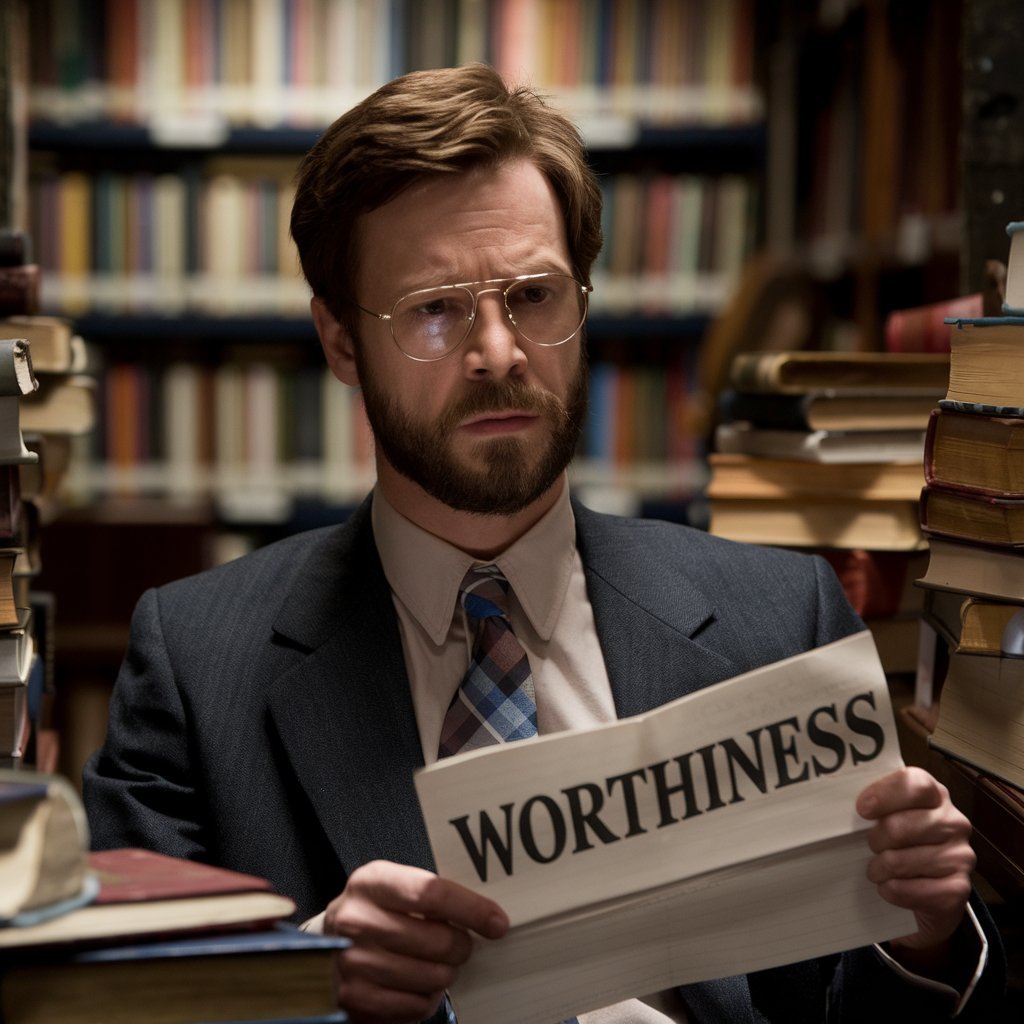The Core Obstacle in Our Money Relationship: A Sense of Unworthiness
Have you ever felt this way? When money comes your way or when an opportunity arises, you instinctively believe that you’re not meant to have wealth. Perhaps you think, This is just how my life is meant to be or I don’t deserve good things from others. You may not even dare to think about achieving something greater, let alone believe it’s possible. And when you do attain something, you’re hesitant to accept it because deep down, you feel like you’re not good enough.
This sense of unworthiness is one of the primary obstacles in our relationship with money. Let’s explore where it stems from.
1. The Innate Feeling of Inferiority
The renowned psychologist Alfred Adler once said, “Everyone has a sense of inferiority.” While this feeling can motivate us to grow and improve, many of us allow it to dominate our lives instead. We tell ourselves, I’m not good enough, I’ll never measure up to others, or I don’t deserve success. This pervasive self-doubt can limit our potential and keep us stuck in a cycle of mediocrity.
2. The Influence of Our Upbringing
Our sense of worth is often shaped by the environment we grew up in. If our parents experienced lack or emotional instability, they might have unknowingly projected their own insecurities onto us. For example, as a child, I often wanted nice clothes or other small luxuries. My parents genuinely wished they could provide them but couldn’t afford to. Instead of expressing their limitations openly, they would say things like, “We’re from a poor family, and poor kids shouldn’t expect such things.”
I vividly remember moments from my childhood that reinforced this narrative. At the time, I internalized the belief that I’m not meant to have nice things, I’m not worthy of beautiful experiences, or I’m not deserving of happiness. These feelings became part of my identity and left an emotional void that I carried into adulthood.
3. Conditional Recognition of Our Actions
Another root of unworthiness comes from how we’re treated based on our actions. If we made mistakes or if someone pointed out our flaws, we might have thought, There’s something wrong with me. Over time, we’re conditioned to believe that we need to be perfect to earn any praise or acknowledgment.
This leads to a mindset where we’re constantly striving to do more for others, just to feel worthy of even a fraction of their approval. We might think:
I must be exceptionally kind to deserve kindness in return.
I can only accept help from others if I’ve gone above and beyond for them.
Even when someone shows us unconditional kindness, we feel a massive emotional debt, as if we must immediately repay them. This distorted belief—*"A drop of kindness must be repaid with a fountain of gratitude"—*is rooted in an overwhelming sense of unworthiness.
Reclaiming Our Worthiness
Here’s the truth: You are inherently worthy. Your existence alone has value.
You were born deserving of love. As a child, your smile brought warmth to your family. When your parents scolded you, your compliance satisfied their egos. When you learned something new, your achievements gave them a sense of pride. Your very presence in this world has contributed immense value—to your family, to your community, and to the world.
You don’t need to earn love, success, or abundance by proving yourself to others. You are deserving of all good things simply because you exist. Let this truth guide you: I am enough. I am worthy.
When you embrace your intrinsic worth, you begin to heal your relationship with money, with others, and most importantly, with yourself. The world needs your light, your talents, and your presence. Never forget—you are valuable just as you are.
